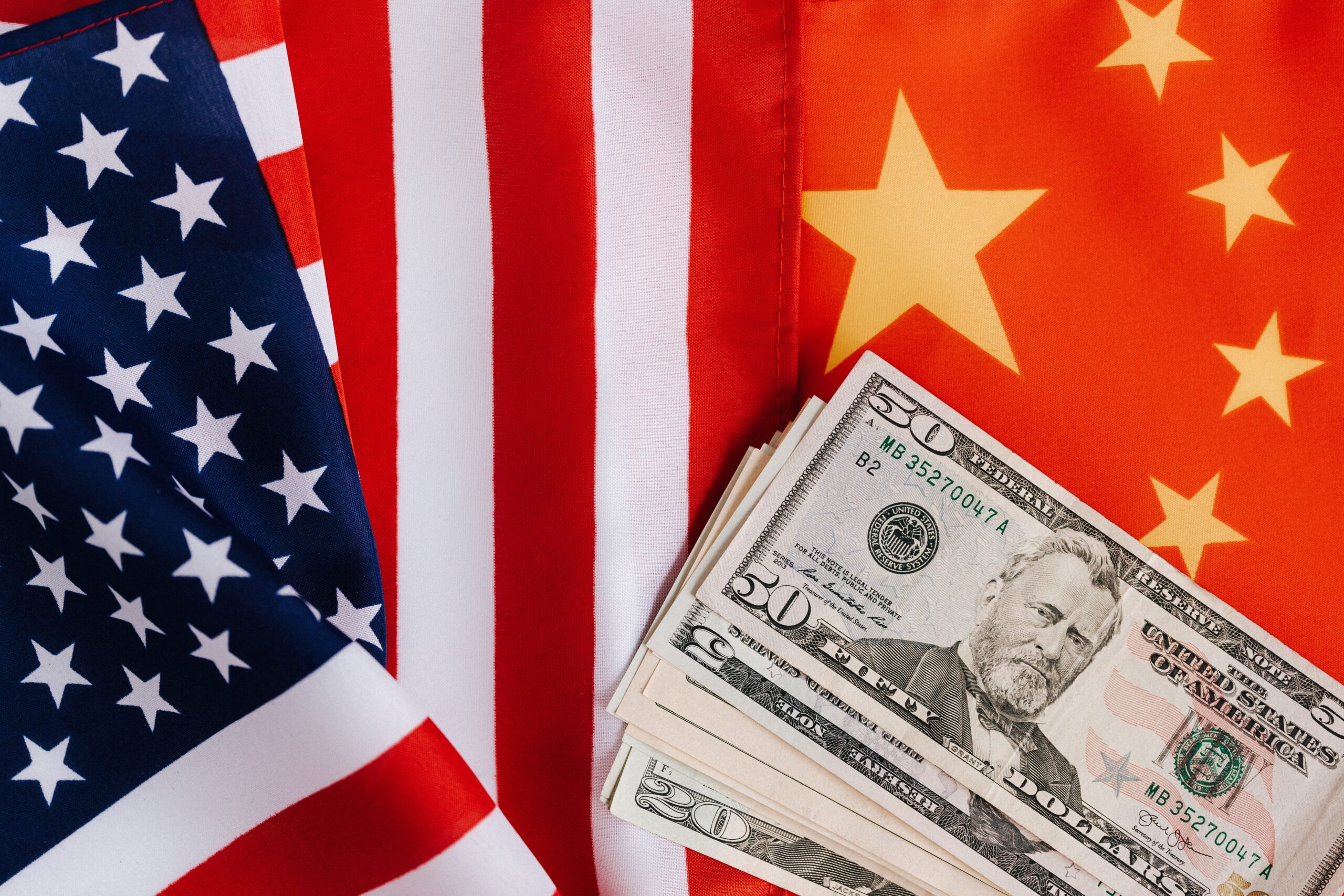 Whenever the mainstream media so much as mentions gross domestic product ('GDP'), everyone's ears perk up...
Whenever the mainstream media so much as mentions gross domestic product ('GDP'), everyone's ears perk up...
It doesn't matter if they're talking about total GDP levels or the tiniest year-over-year changes. No matter what, it generates major headlines.
This is especially true when it comes to the U.S. versus China. Nothing draws eyeballs like foreboding forecasts about China's imminent rise to power. The media loves to claim China will soon be the largest economy in the world.
Here's the thing about GDP, though... the metric is completely flawed.
We've been programmed to think of GDP as the end-all, be-all measure of economic performance. It isn't.
GDP doesn't tell the full story of a country's success. While it measures transactions... it doesn't speak to the value of those transactions.
It doesn't show how much a country is spending on innovation or its citizens' well-being. It doesn't reflect profitability.
Much of the world is in turmoil right now – China included. Indexes from workplace consulting firm Gallup indicate worldwide happiness and well-being are on the decline.
GDP doesn't tell you any of that.
Unsurprisingly, there's no correlation at all. By itself, GDP is just not that useful of a metric. And on top of that, countries can (and often do) game the system.
Today, I'll talk more about why you should take GDP measures with a huge grain of salt... and why you don't have to worry about the U.S. losing to China anytime soon.
 GDP is a self-reported metric... and the figures aren't as scientific as politicians want you to believe.
GDP is a self-reported metric... and the figures aren't as scientific as politicians want you to believe.
Look at what happened to Ghana in 2010. The country changed the way it calculated GDP, which then grew 60% overnight.
This wasn't some miracle economic surge – it was simple math. By changing the base year from 1993 to 2006, Ghana added an extra $13 billion to its GDP. And it was able to climb from a "low income" to a "middle income" ranking.
This kind of statistical rejiggering is a classic example of how countries can manipulate GDP figures for their own gain.
And with countries like China, it might not just be bad math... It might be outright exaggerations.
Researchers have been trying for years to verify GDP through satellite data. Assistant Professor Luis Martinez of the University of Chicago found that China, Russia, and other authoritarian governments may inflate GDP figures by as much as 15% to 35% per year. He arrived at that estimate by comparing how much the countries' nighttime light usage changes over time.
Of course, most reporters aren't analyzing satellite data. So when the headlines suggest China is only a few years away from surpassing U.S. GDP, keep in mind that those predictions might be based on false data.
U.S. GDP was $23 trillion in 2021. China's was supposedly $17.7 trillion. If Martinez is correct, that means China's GDP might really have only been $15 trillion.
And say what you will about the U.S. and its past housing crises... China's situation is likely even worse. A huge part of Chinese GDP comes from debt-funded building and infrastructure spending. Regular readers know we think the Chinese real estate crisis could drag down its entire economy.
Chinese buildings are being demolished because no one has moved in for 10 years or more. Some roads barely get driven on, and some train stations barely get trafficked. Some officials inside China have stated that the number of recently built empty residences in China could house the entirety of China's population. Right now.
GDP doesn't factor in any of those challenges.
 U.S. corporations generate more economic profit than the rest of the world's companies combined...
U.S. corporations generate more economic profit than the rest of the world's companies combined...
They generate more than 10 times as much as Chinese firms do... And we're pulling ahead every quarter.
China has shown lots and lots of transactions. That says nothing about profitability. To say that China is No. 2 is like saying that the best kid on your high school basketball team is No. 2 when going head-to-head with Michael Jordan.
The U.S. and China aren't even in the same league. So while you should look beyond GDP... you shouldn't look past the U.S. It remains the best long-term place to keep your money.
The next time you see a headline about China catching up or surpassing America because of "GDP"... remember that GDP doesn't tell the full story. And that's if you believe the numbers in the first place.
Wishing you love, joy, and peace,
Joel
November 10, 2023



 Whenever the mainstream media so much as mentions gross domestic product ('GDP'), everyone's ears perk up...
Whenever the mainstream media so much as mentions gross domestic product ('GDP'), everyone's ears perk up...

